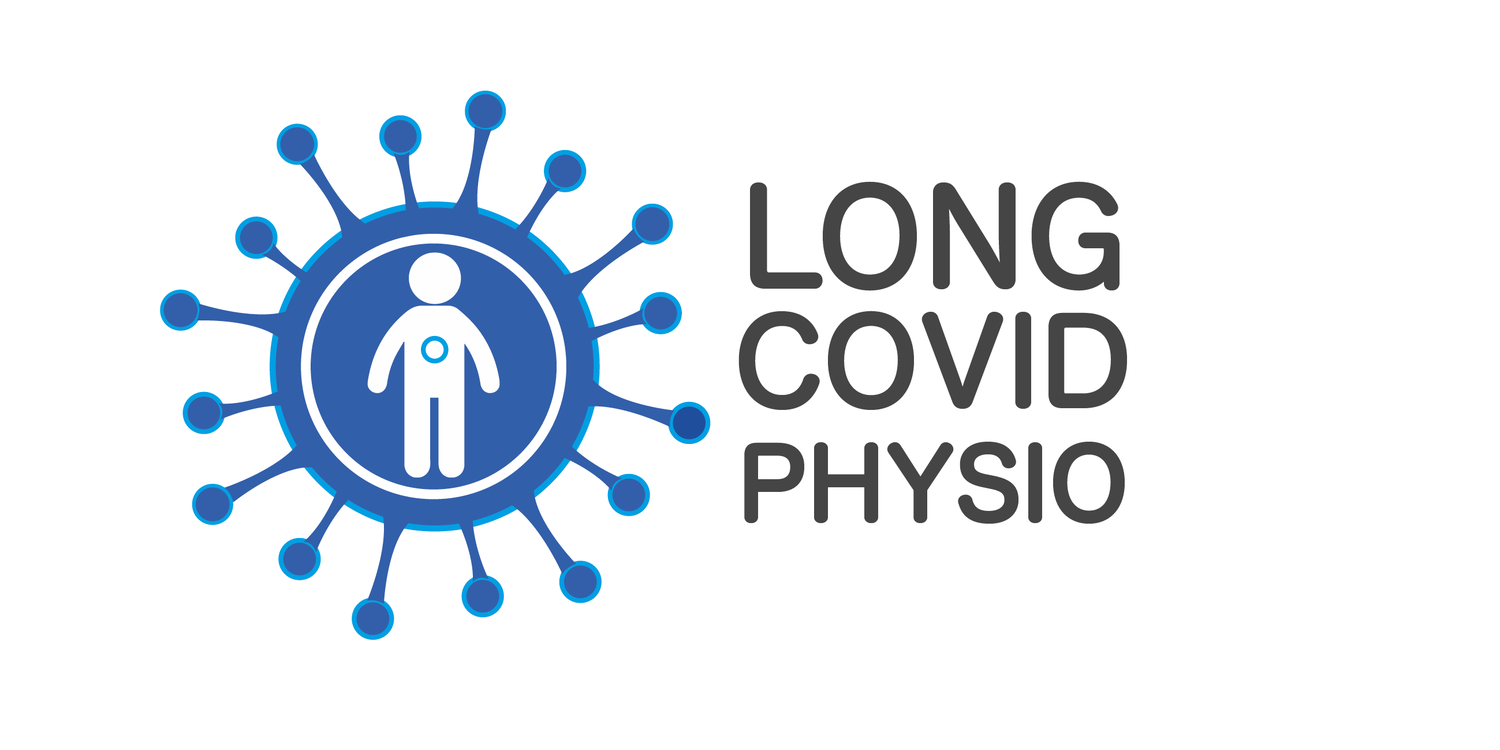Research
Since the beginning of the pandemic lots of new research has emerged quickly. Being aware of emerging Long COVID research, and being able to understand the strengths and limitations of each study, is important for people living with Long COVID, advocates, clinicians, academics, and policy makers.
There is also, however, a large volume of misinformation, myths and fake news. Understanding how to locate scientific research and critically appraise research evidence, alongside existing research knowledge in the field, can help to strengthen our knowledge and combat misinformation.
How To Find Research
It’s important to start with what is literature searching, so you know how to define your search, decide where to search, develop a search strategy, and refine your search. The Royal College of Nursing provides a 10-step strategy on how to undertake a literature search, so that it is a less daunting process broken down into smaller steps.
Search engines can help you search for credible research studies that have been published in peer reviewed journals. There are many different search engines including PubMed Central and PubMed, ScienceDirect, Cochrane Library, Embase, Mendeley, Bielefeld Academic Search Engine (BASE), CORE, Semantic Scholar, Springer Link, Google Scholar, and others.
The Long COVID Research Involvement Hub developed by Voice in partnership with Imperial Patient Experience Research Centre, provides a platform for researchers and people with personal or professional experience of Long COVID, to share knowledge and guide how Long COVID research is designed, carried out and communicated. Research-Aid Networks Long COVID created a Zotero Database of Long COVID research. ApresJ20 created a resource list and Zotero Database of Long COVID research. Robert Koch Institut host a scoping review and evidence maps of Long COVID research in adults and children. The National Institute of Health (NIH) National Library of Medicine (NLM) search engine provides over 10,000 published literature on Long COVID.
Long Covid Kids provides updates on research specific to Long COVID in children and young people. Long Covid Support has a research involvement group which provides resources and community engagement. Patient Led Research Collaborative is a Long COVID organisation focused on research.
How to Appraise Research
Research needs to be critically appraised to better understand the reliability, importance and applicability of evidence. There are certain questions that should be asked of research evidence, however you do not need to create these questions yourself. There are tools developed to support critical appraisal of research evidence.
University of Oxford Centre for Evidence-Based Medicine (CEBM), The University of Adelaide Joanna Briggs Institute, Critical Appraisal Skills Programme (CASP) and Centre for Evidence Based Management provide links to open access critical appraisal tools. Cardiff University Specialist Unit for Evidence Review and Oxford Health NHS Foundation Trust signpost to a range of different open access tools for different research methodologies. BMJ Best Practice present some checklists for different study types and examples of how they can be applied to a specific study.
Date Last Revised: 11th October 2022
